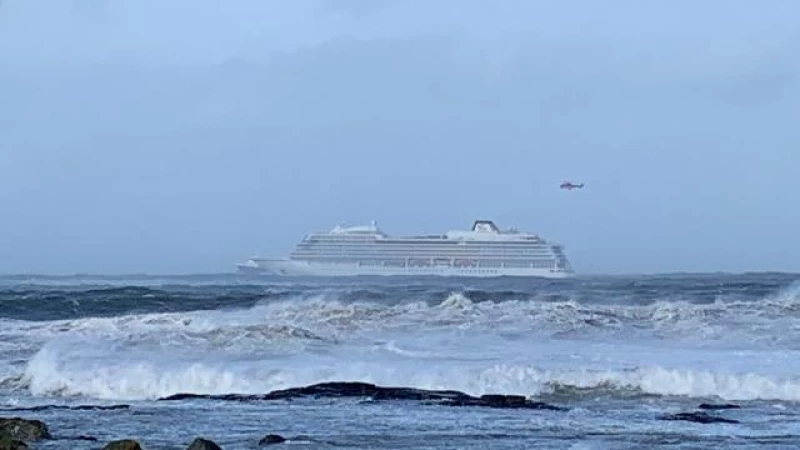A dramatic incident unfolded in 2019 when a cruise ship, known as the Viking Sky, found itself in a perilous situation after losing power during a storm off the coast of Norway. With 1,374 passengers on board, the ship was at risk of running aground in the turbulent Norwegian Sea. Fortunately, a massive evacuation operation took place, preventing what could have been one of the most catastrophic maritime disasters in recent history.
The recent investigation revealed that the cruise ship in question had departed port with one of its four diesel generators marked as "unavailable," a clear violation of safety standards. Additionally, it was found that the design of the sump tank on the operational generators did not meet the required regulations.
The investigation conducted by the agency highlighted various safety issues, both operational and technical, that contributed to the blackout incident. As a result, more than a dozen safety recommendations have been put forth for consideration.
Once the ship was at sea, it was discovered that the crew had not practiced the blackout recovery protocol, specifically for a scenario without a standby generator. This lack of training led to delays in managing the blackout situation.
The agency noted that the complexity of the control system, combined with the stress of the situation, required a specific sequence of actions for recovery. The insufficient training of the engineers likely contributed to the time-consuming blackout recovery process.
Several safety recommendations have been proposed to address the issues identified, including the need for shipyards, ship managers, and overseeing organizations to strengthen their processes to ensure compliance with safety regulations. Additionally, suggestions were made for the development of new technology to improve the measurement of lubricating oil for safe operation of large vessels, as well as for the review and enhancement of engine room alarm systems by the ship management company and cruise line operator.







